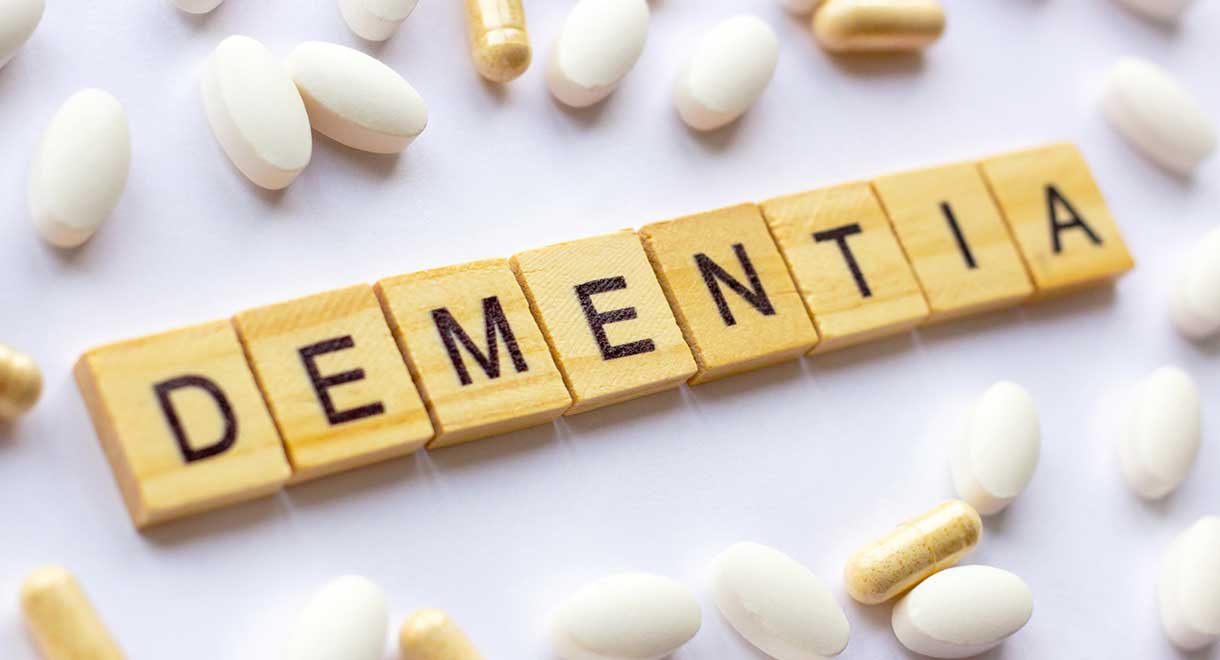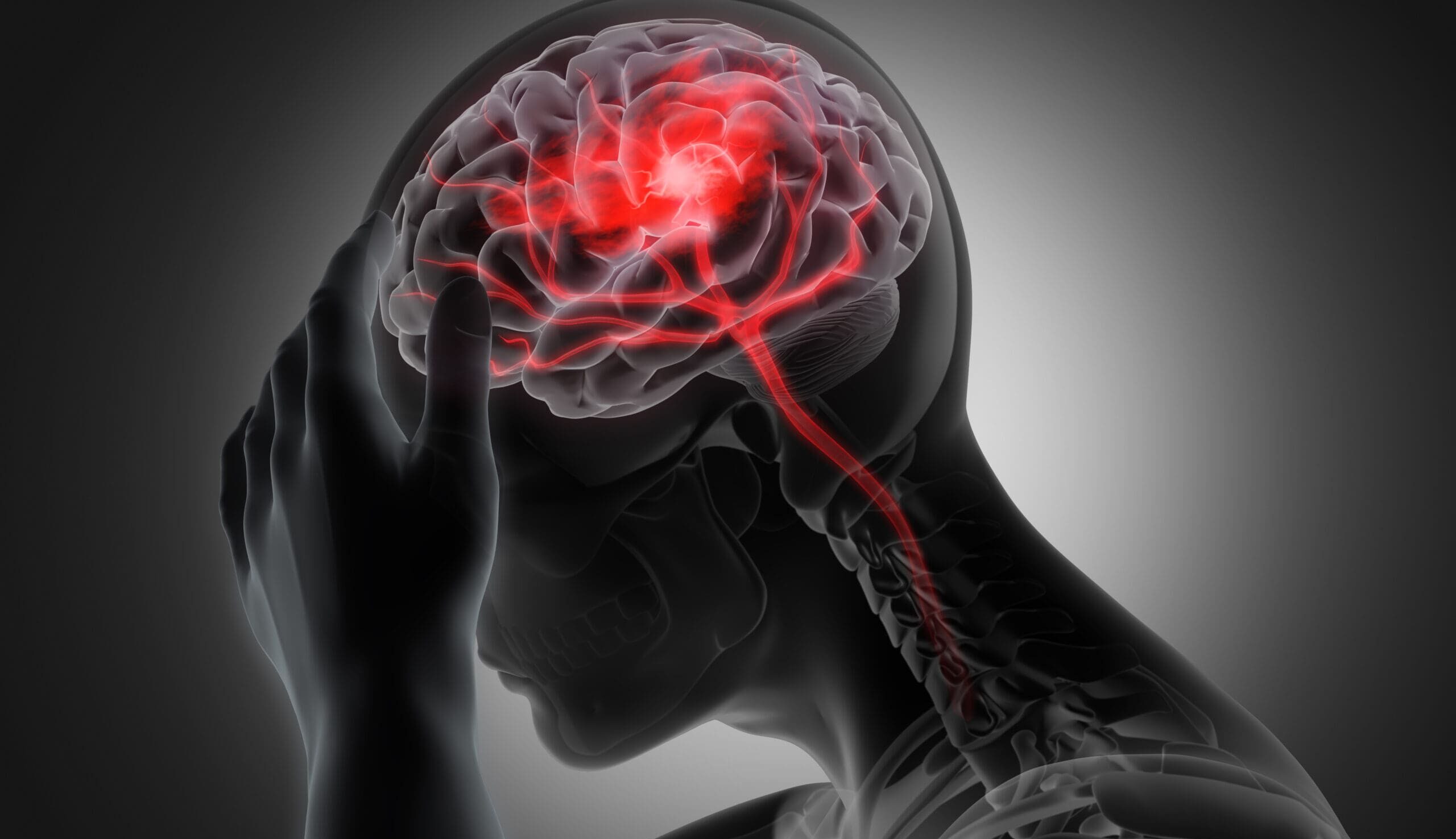Heartburn drugs raise the risk of dementia
By naturopath Margaret Jasinska
Proton pump inhibitors are some of the most commonly used drugs in the world. They reduce the ability of the stomach to produce acid, and can give symptom relief for a variety of conditions. They are problematic drugs though, because their use is linked with an increasing number of adverse health outcomes.
Proton pump inhibitors are primarily used for the following conditions:
- Gastroesophageal reflux (GERD)
- Peptic ulcer
- Indigestion
- Heartburn
- Barrett’s oesophagus
- Zollinger-Ellison syndrome
Common brand names include Losec, Zoton, Nexium, Pariet and Prevacid.
The problem with these drugs is that people usually end up taking them every day for the rest of their life. Stomach acid is very necessary for good, efficient digestion and absorption of protein, vitamins and minerals. It’s not surprising then that long term use of these drugs increases the risk of nutrient deficiencies. Research has linked them with a higher risk of osteoporosis, pneumonia and kidney disease. These drugs may also raise the risk of dementia, because they reduce absorption of B vitamins and they reduce the ability of your brain to manufacture the neurotransmitter acetylcholine.
It is ironic that too much acid production is not the cause of the majority of the conditions listed above. They are generally caused by poor diet, food allergy or intolerance, imbalanced gut bugs, and sometimes obesity. Acid-suppressing drugs take away the symptoms, but they do not address the cause of the condition. Stomach acid is necessary in order to activate digestive enzymes and enable them to extract the nutrients from your meals. Stomach acid is also a good disinfectant. People who take stomach acid blocking drugs are more prone to getting stomach flu, food poisoning, and gastroenteritis. They are also more prone to a condition called SIBO (Small Intestinal Bacterial Overgrowth). This is where bacteria that normally belong in the mouth or in the large intestine migrate into the small intestine. The problem is, these bugs inflame the lining of the intestines and impair nutrient absorption, plus they can actually steal your nutrients and use them for their own metabolism. This means people with SIBO often suffer with nutrient deficiencies despite a healthy diet and supplement use.
Proton pump inhibitors reduce the ability to absorb magnesium. Magnesium insufficiency is incredibly common among our patients, and certainly not just the ones taking a proton pump inhibitor. Common symptoms of low magnesium include cramps in the feet or calves, twitching muscles (commonly eye muscles), feeling stressed and restless, or experiencing poor quality sleep. A magnesium supplement may help you feel better and improve your quality of life.
Please don’t discontinue any prescription medication unless you’ve discussed the issue with your doctor. If you suffer with heartburn or reflux, the following remedies may help you:
- Avoid drinking with meals – Drink at least 20 minutes away from meals as drinking with meals can dilute digestive enzymes and worsen digestion.
- Have some apple cider vinegar – The exception to the no drinking with meals is organic apple cider vinegar. Apple cider vinegar helps to balance stomach acid and lessen the symptoms of acid reflux. Dilute one to two tablespoons of apple cider vinegar in water and sip slowly during your meals.
- Maintain a healthy weight – If you are overweight it is vital to lose weight, and the best way to do this is by consuming a diet low in sugar and carbohydrates, and high in vegetables, protein and good fats. A diet low in sugar and processed foods and high in vegetables will reduce symptoms of heartburn and reflux.
- Try raw juicing – Raw juices or green smoothies can help to alkalinize the stomach in between meals. Alkaline juices or smoothies contain plenty of green produce such as green apples, celery, cucumber, mint, parsley and fennel; these foods alkalinize your gut and therefore reduce stomach acidity. There are some excellent recipes in Dr Cabot’s book: ‘Raw Juices Can Save Your Life’.
- Try to avoid eating three hours before bed – We recommend drinking alkaline beverages during this time such as herbal teas or Aloe Vera juice.
Dementia is becoming frighteningly more prevalent. Dr Cabot has researched the subject extensively, which you can read about in her book Alzheimer’s: What you must know to protect your brain.









Leave A Comment